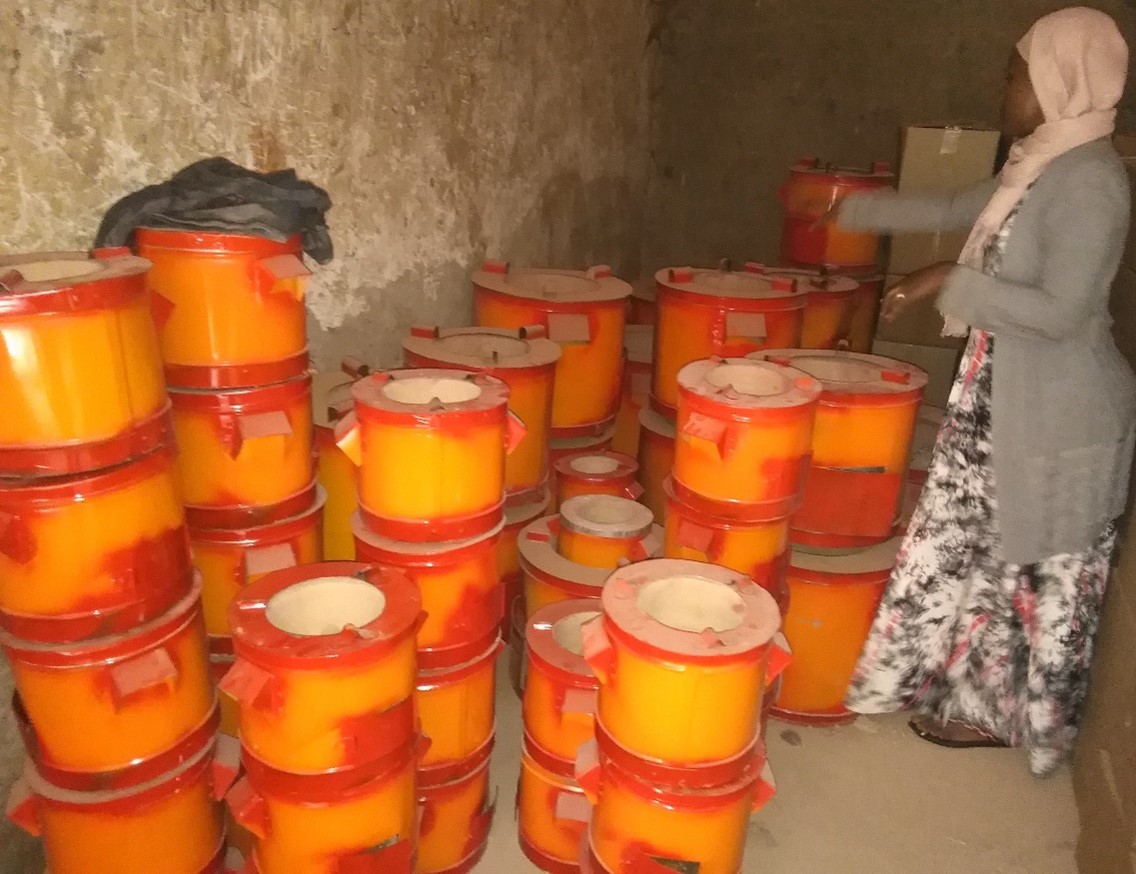More than 50 per cent of women in Nigeria lack access to the internet. Richard Adeleke discussed the causes and solutions to this ugly situation.
Since its inception, the internet has been of huge benefit to the world and a valuable tool for development. Internet access can drive economic growth and development, help eradicate poverty, and improve the socio-economic wellbeing of the people. Consequently, the internet has had an overbearing influence on the ways things are done since its invention. As a result of its increasingly important role, the United Nations has proposed that access to the internet should be a human right. However, despite the seemingly ubiquitous nature of the internet, there exists a disparity of access among countries, genders, and people of different socio-economic statuses.
Globally, about 48 per cent of women have access to the internet compared with 58 per cent of men. Although the gender gap in internet access is closing in developed countries due to the widespread nature of technology, challenging the digital gender stereotypes, and promoting more digital skills and education for women, female digital exclusion is still pronounced in Africa. Less than 30 per cent of women in Africa have access to the internet, compared to 80 per cent in European and 77 per cent in the Americas.
Not immune from global trends, Nigeria faces its own problem of female digital exclusion. Only 45 per cent of women can access the internet in the country as a whole, and across Nigeria, female internet access is uneven and varies by geographical location. Though female internet access is generally low across the country, the northern region accounts for a significant number (60 per cent) of women that are digitally excluded, mostly in Sokoto and Kebbi States. This contrasts with Lagos State in southwestern Nigeria, with a high female (65.7 per cent) internet access.
The high poverty rate in Nigeria is no doubt a barrier to female internet access. Women have consistently found themselves in the clutches of poverty due to the enormous socio-economic inequality they experience in employment and education, among other areas. The cost of internet access remains high in Nigeria and is above the benchmark cost of less than 5 per cent of the Gross National Income recommended by the Alliance for Affordable Internet. Given that women on average earn 25 per cent less than men globally, high internet prices discriminate proportionally against them.
Nigeria is largely a patriarchal society where men dominate and control women in almost every aspect of their lives, and internet access is no different. The domineering nature of men is reflected in a recent study conducted by the Centre for Information Technology and Development, which reports that more than 50 per cent of men in northern Nigeria prevent their wives from accessing the internet. Many men in northern Nigeria regard the internet as a platform where women are exposed to negative values and norms. Thus, it has been argued that the existing female digital exclusion in Nigeria is deeply rooted in the prevailing cultural practices in the country. For instance, in most households in developing countries such as Nigeria, age and gender determine who is given priority to use the internet. In most cases, elder female siblings have less time or are denied access to the internet because they are preoccupied with domestic and household chores.
Education plays an important role in internet access because there are prerequisite skills required to use digital technologies. Women account for nearly 60 per cent of the country’s uneducated population. Its effect on female internet access is more severe in the northern region of the country where domestic responsibilities are regarded as the best form of education while formal education is seen as a waste of time and resources.
The barriers to female internet access can also be understood from the perspective of residential location, be it urban or rural. Internet access is positively skewed towards urban dwellers while rural inhabitants are at a disadvantage. A recent study by the International Telecommunications Unions shows that 77 per cent of Nigerians in rural areas lack internet access. In most developing countries such as Nigeria, women residing in rural areas have the least access to the internet due to poor network coverage, poor income, and high level of illiteracy.
Despite the myriad of challenges confronting female internet access in Nigeria, female access to the internet can be improved with adequate policies. First, there is the need to improve the economic status of women in the country by eliminating the factors that hinder their access to quality education which is key to getting a good job. It is also essential that women are provided with the skills and resources needed to participate in the digital economy. Men must be educated on the benefits that come when women have the autonomy to acquire digital skills and access the internet. Breaking the stronghold of culture should be a line of discussion in solving the barriers to female access to the internet.
Photo credit: Rawpixel Ltd used with permission CC BY 2.0






Well done Mr Adeleke.
Going by your findings that Nigeria social system is patriarchal in nature owing to several factors, do you think awareness should be created for men towards understanding the benefits of access to internet to the females in their surroundings?
I believe when the benefits of access to internet is weighed against whatever reservation they have for it, they will make the best decision.
Yes, I agree with you that men should be educated on the benefits that come when women have the autonomy to acquire digital skills and access the internet. Thank you for your comment.
Welldone Mr Adeleke,
This is really insighful!
I must commend your research. Let us also consider Men engagement in breaking the socio-cultural norm which has eaten deep into young girls and women. Engaging everyone in this implementation will not only help achieve a better economy but also everyone will be well-informed about the benefit with INCLUSION in mind. (Persons With Disabilities),
Thank you.
Well done Sir👏👏
This is extremely insightful for me.
Thank you so much Sir.